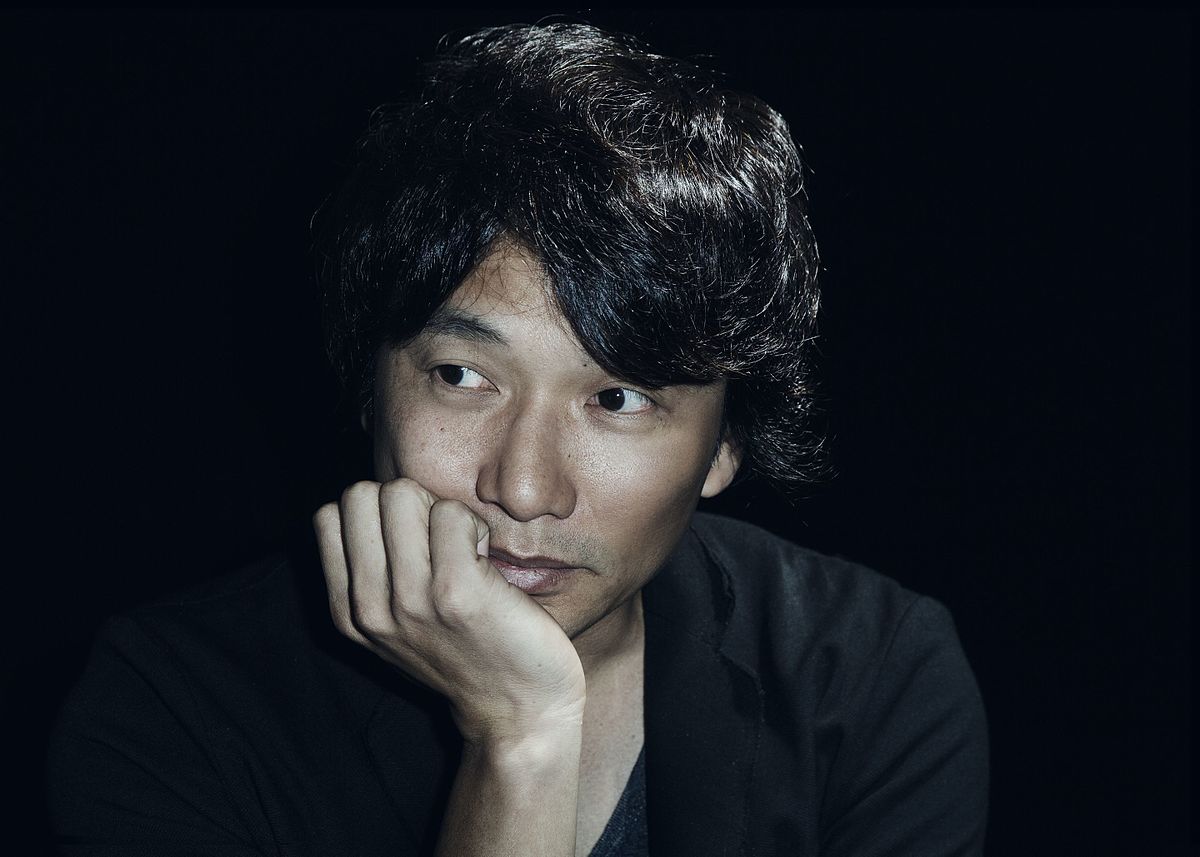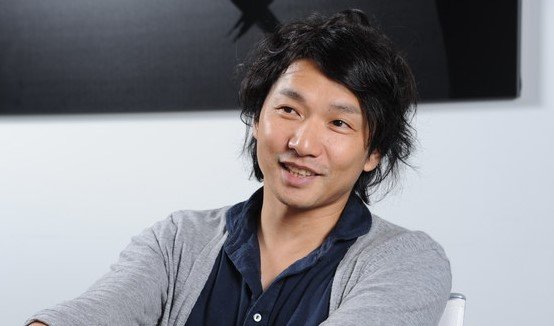
Fumito Ueda, the creative director behind Ico, Shadow of the Colossus, and The Last Guardian, announced back in January that he was working on a new game. Last month, he commented on this in detail for the first time. After explicitly stating that…


Fumito Ueda, the creative director behind Ico, Shadow of the Colossus, and The Last Guardian, announced back in January that he was working on a new game. Last month, he commented on this in detail for the first time. After explicitly stating that…



